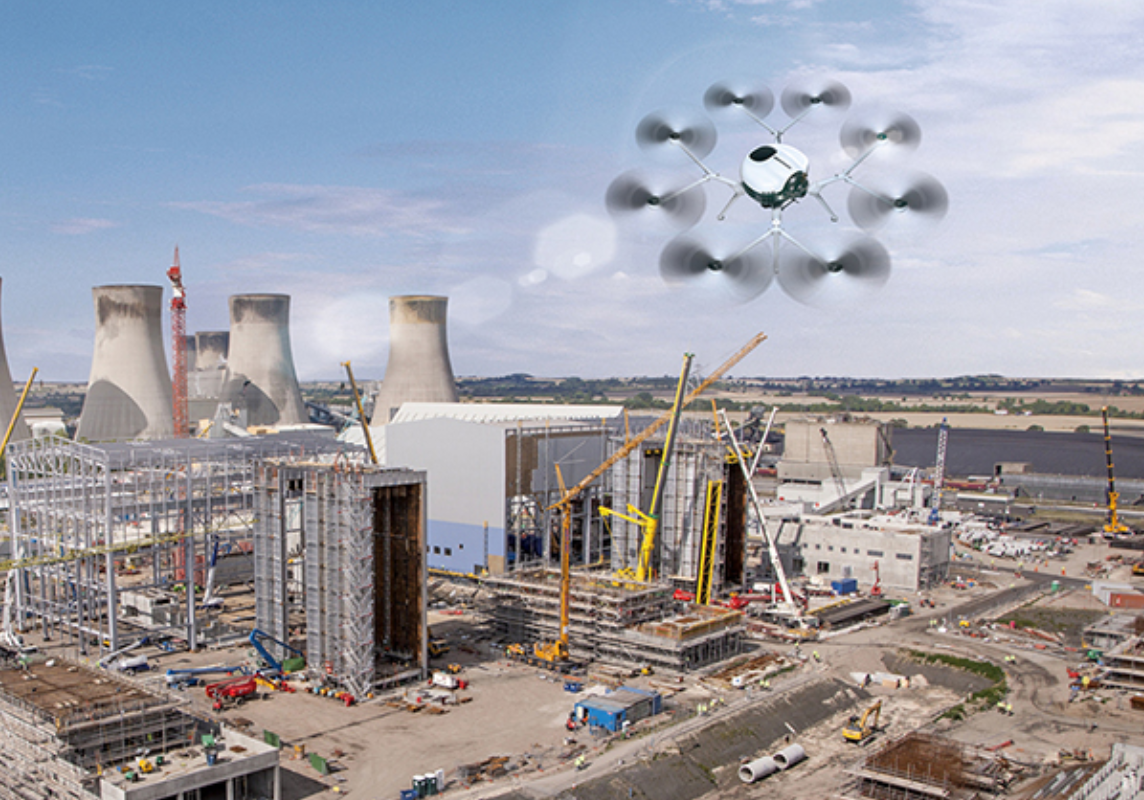Hydrogen fuels ROK’s defense plans

Felix Kim
The Republic of Korea’s (ROK’s) Ministry of National Defense is embracing hydrogen as an energy strategy with plans for hydrogen-powered buses, unmanned aerial vehicles (UAVs) and power stations. Complementing the new vehicles will be an extended network of hydrogen filling stations across the country.
The ministry announced several initiatives in June 2020 that it characterized as part of the “K-Hydrogen Economy.” The government plans to buy a fleet of hydrogen-powered buses by 2021, construct hydrogen filling stations for military and civilian use, develop a hydrogen-powered “dronebot” combat system for the ROK Army, and build a hydrogen-fired power station for military and civilian use.
The Business Agreement on Mutual Cooperation for Hydrogen Use was signed June 16, 2020, under the supervision of South Korean Prime Minister Chung Sye-kyun at the Joint Forces Military University in Daejeon. The agreement involves the Defense Ministry; the Ministry of Trade, Industry and Energy; the Ministry of Environment; Hyundai Motors Co.; and Doosan Mobility Innovation. It covers several initiatives, including construction of a hydrogen filling station at the entrance to Jaundae academy.
“I think the determination of the military will be a great starting point for Korea to go to an advanced country of hydrogen,” Chung said. “The people will also applaud the military.”
Hyundai will supply 10 hydrogen buses to the Defense Ministry by 2021 and build the Jaundae filling station, according to Yonhap, a government-affiliated news agency. The buses convert hydrogen into electricity in a fuel cell, powering an electric motor. The only exhaust is steam.
The Jaundae filling station will add to the 39 others across the country and serve as a prototype for more to come, the defense ministry reported. The ministry expects 250 hydrogen vehicles to be added to the city of Daejeon’s fleet of 285.
The day the hydrogen agreement was signed, Chung saw a demonstration of the hydrogen-powered UAVs developed by Doosan Mobility Innovation. The vehicle is a prototype for the dronebot system, which has a flight time 400% greater than conventional UAVs. The Defense Ministry described the dronebot, pictured, as “a complex system using drones and robots applied with advanced science and technology, [which] will perform various missions such as combat, natural disaster and security management.”
Construction of the hydrogen-fired power station for civilian and military installations is expected to start in 2020 with the station slated to open by mid-2021.
Felix Kim is a FORUM contributor reporting from Seoul, South Korea.




